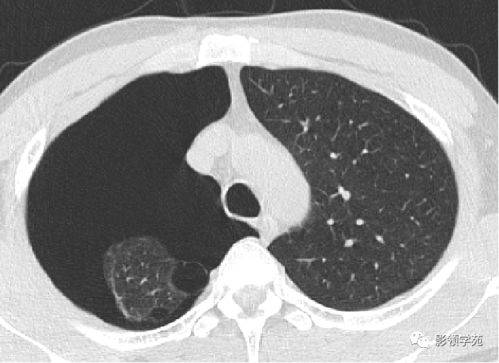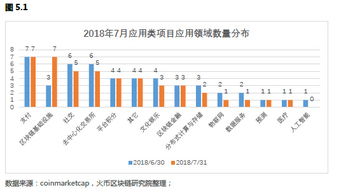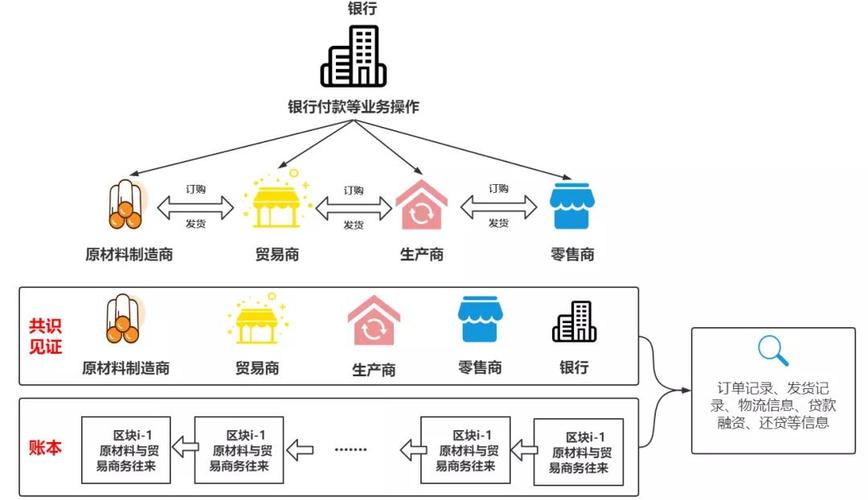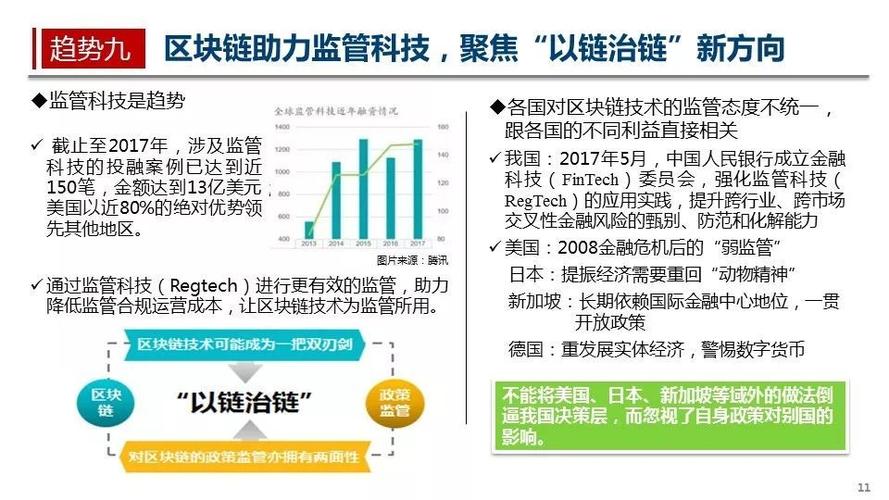上海为科技传播人才评职称
Title: Navigating the Landscape of Shanghai Barcode Technology
Introduction to Shanghai Barcode Technology:
Shanghai, a bustling metropolis at the forefront of technological innovation, is a hub for barcode technology. The city hosts a myriad of companies and research institutions dedicated to advancing barcode technology and its applications across various industries. From retail to logistics, healthcare to manufacturing, the use of barcodes has become indispensable for efficient operations and data management.
Overview of Barcode Technology:
Barcodes are encoded representations of data that are visually readable by machines. They consist of parallel lines of varying widths and spacing, with each pattern corresponding to a specific alphanumeric character or symbol. The most common type of barcode is the onedimensional (1D) barcode, but twodimensional (2D) barcodes, such as QR codes, have gained popularity due to their ability to store more information in a smaller space.
Applications of Barcode Technology in Shanghai:
1.
Retail Sector:
In Shanghai's vibrant retail sector, barcodes play a crucial role in inventory management, sales tracking, and customer engagement. Retailers utilize barcodes to quickly and accurately scan products at checkout, update stock levels in realtime, and analyze consumer purchasing patterns to optimize marketing strategies.
2.
Logistics and Supply Chain Management:
Efficient logistics and supply chain management are essential for Shanghai's booming ecommerce industry. Barcodes facilitate seamless tracking and tracing of goods throughout the supply chain, from warehouse storage to lastmile delivery. By integrating barcode technology with inventory management systems, companies can minimize errors, reduce costs, and improve overall operational efficiency.
3.
Healthcare Industry:
In Shanghai's healthcare industry, barcodes enhance patient safety, medication management, and healthcare delivery. Hospitals and pharmacies use barcoded wristbands to accurately identify patients and match them with their medical records. Medications are labeled with barcodes, enabling healthcare professionals to verify dosages and expiration dates, thus reducing the risk of medication errors.
4.
Manufacturing and Production:
Shanghai's manufacturing sector relies on barcode technology to streamline production processes and quality control measures. Barcoded labels are affixed to raw materials, workinprogress items, and finished products, enabling manufacturers to track their movement through the production line and ensure adherence to quality standards. Additionally, barcodes facilitate the automation of inventory replenishment and equipment maintenance.
Key Players in Shanghai's Barcode Technology Industry:
1.
Shanghai Techwell Biomedical Engineering Co., Ltd.:
Specializing in healthcare barcode solutions, Shanghai Techwell develops innovative products for patient identification, specimen labeling, and medication management. Their barcode wristbands and label printers are widely used in hospitals and healthcare facilities across Shanghai.
2.
Shanghai Sunmi Technology Co., Ltd.:

As a leading provider of intelligent commercial hardware, Sunmi offers barcode scanners, POS systems, and selfservice kiosks tailored for the retail and hospitality sectors in Shanghai. Their versatile products combine cuttingedge technology with sleek design, catering to the evolving needs of modern businesses.
3.
Shanghai Eastimage Equipment Co., Ltd.:
Focusing on security and inspection equipment, Eastimage manufactures highperformance barcode scanners and baggage Xray machines used in transportation hubs, customs checkpoints, and industrial facilities in Shanghai. Their products adhere to stringent quality standards and contribute to ensuring public safety and security.
Future Trends and Recommendations:
Looking ahead, the barcode technology landscape in Shanghai is poised for continued growth and innovation. As businesses strive to optimize efficiency, enhance traceability, and improve customer experiences, the demand for advanced barcode solutions will intensify. Key trends to watch include the integration of barcodes with Internet of Things (IoT) devices, the adoption of mobile barcode scanning technologies, and the emergence of blockchainbased barcode systems for enhanced data security and transparency.
To capitalize on these trends and stay competitive in the evolving marketplace, businesses in Shanghai should prioritize investments in barcode technology infrastructure, employee training, and strategic partnerships with leading solution providers. Embracing automation, data analytics, and interoperability will be essential for unlocking the full potential of barcode technology across industries and driving sustainable growth in Shanghai's dynamic economy.
In conclusion, Shanghai's barcode technology sector exemplifies the city's commitment to innovation and technological advancement. By harnessing the power of barcodes, businesses and industries in Shanghai can achieve greater efficiency, accuracy, and visibility in their operations, paving the way for a smarter and more connected future.
References:
Shanghai Techwell Biomedical Engineering Co., Ltd. Official Website
Shanghai Sunmi Technology Co., Ltd. Official Website
Shanghai Eastimage Equipment Co., Ltd. Official Website











